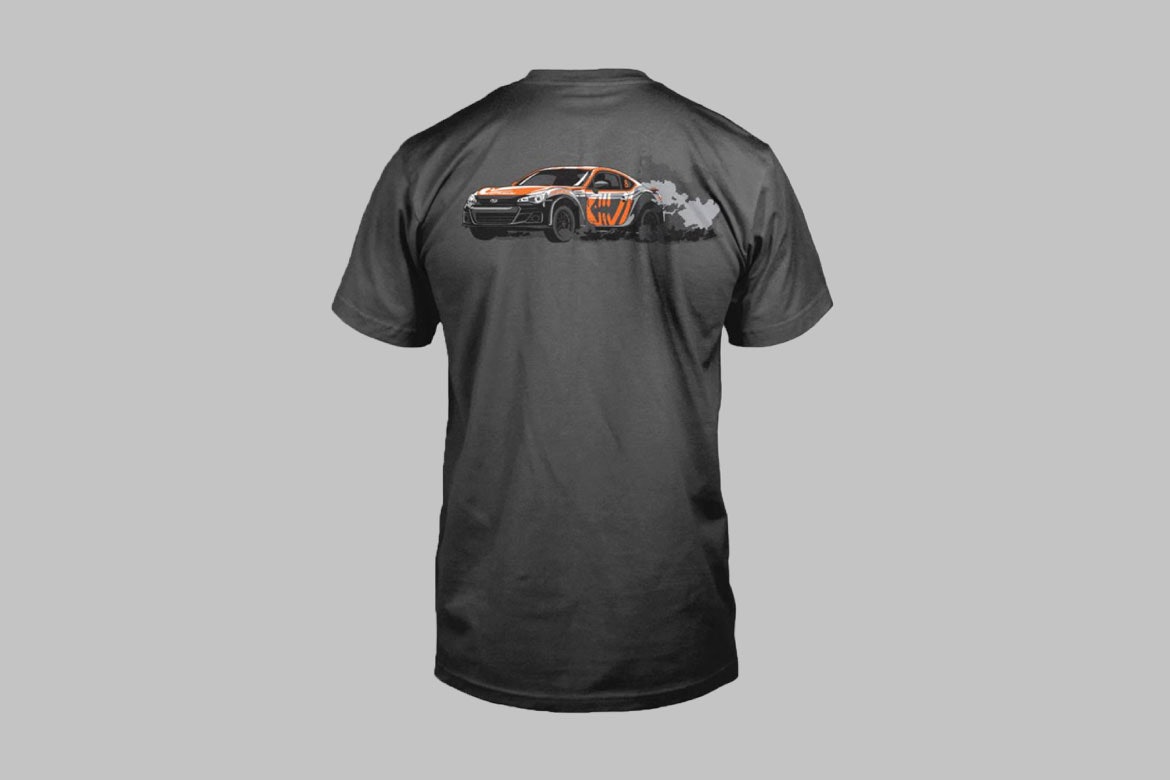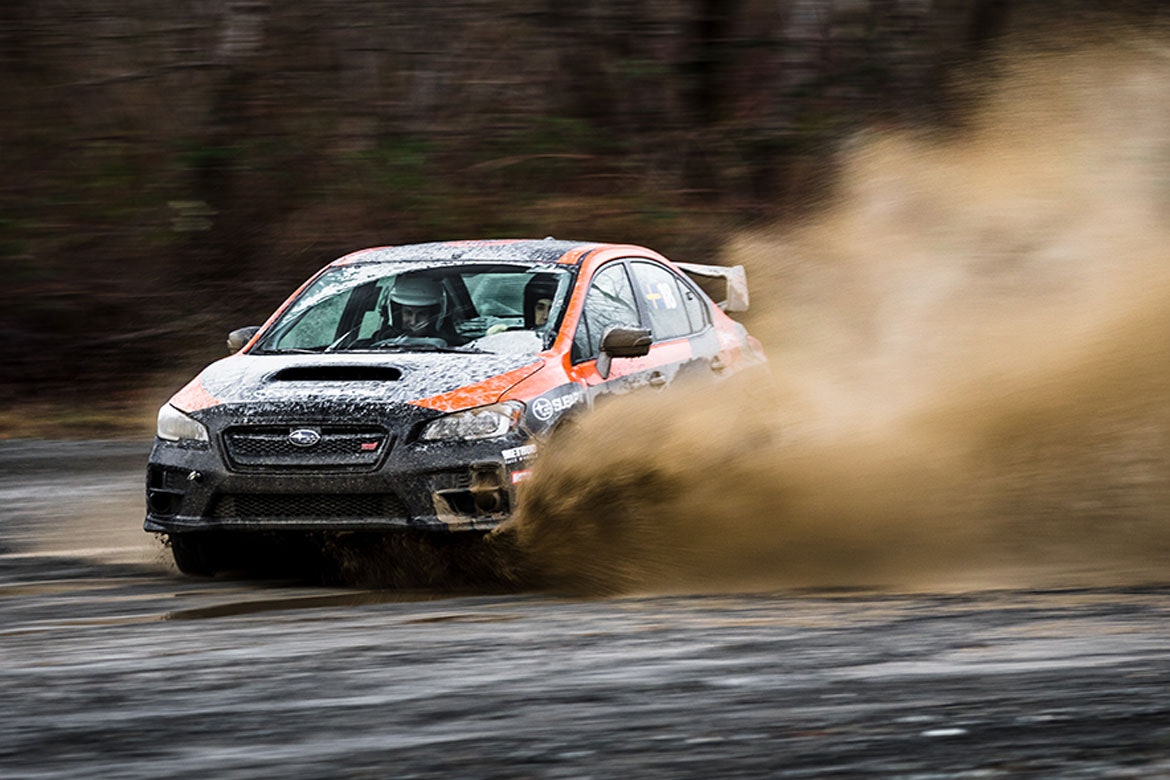Save for Ott Tänak’s title triumph for Toyota in 2019, the World Rally Championship has been dominated by two French drivers every year since 2004. Let that sink in for a second: the last 17 titles out of 18 have been won by either Sébastien Loeb or Sébastien Ogier. The latter added an eighth – and most likely final – WRC title to his name last weekend on the Monza Rally, putting him just one short of Loeb’s eventual total.
Throughout the years, the comparison between the two Sébs has been played and perhaps overplayed. Both have dominated the WRC, both have amassed an incredible number of victories and titles, and both have had a significant impact on the championship.
Although largely academical, determining which of the pair has left the bigger legacy has lent itself nicely to another DirtFish Debates.
Sébastien Ogier
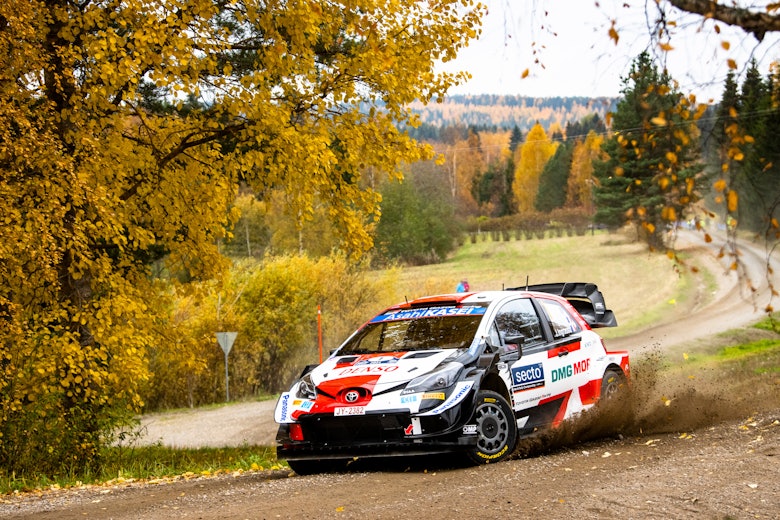
I’m putting some science behind this one. My time reporting on the World Rally Championship has been dominated by a brace of French Sébastiens and I have admiration and appreciation for them in equal measure.
On paper, Loeb’s nine from nine would have to mean more. It’s straight-through domination. Early on, Petter Solberg bothered Loeb, but his challenge faded and after that, Marcus Grönholm and Mikko Hirvonen came close. But nobody truly troubled him.
And then there’s the obvious stats, the ones that dictate Loeb won 79 of the 180 rallies he’s started – a success rate of 44%. Ogier’s on 54 from 167, which leaves him 10% down on his countryman.
Ogier’s big counterbalance is winning with three different manufacturers. Volkswagen Motorsport’s outstanding PR machine undoubtedly made more out of his four titles than Citroën did from Loeb’s nine. And then there’s the consideration that Ogier’s loved in Britain by M-Sport Ford fans and, of course, in Japan following a pair of titles with Toyota.
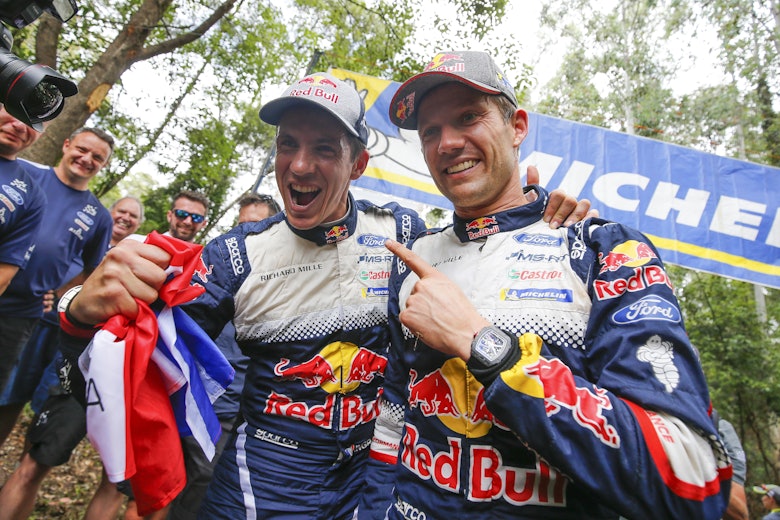
So, they’re still about the same, until you consider the competition.
In the nine years Loeb won, nine other drivers also topped the podium. The most different winners in a single season came in 2004, his first championship campaign, when five drivers registered wins.
Despite being a year down on Loeb, Ogier faced 11 different winners across eight seasons, and seven drivers landed a win in 2017.
That’s the science bit, and the science bit leads me to think that Ogier’s influence on rallying has to be the bigger of the two. He competed in a more competitive arena with the potential for his name reaching further and wider.
David Evans
Sébastien Loeb
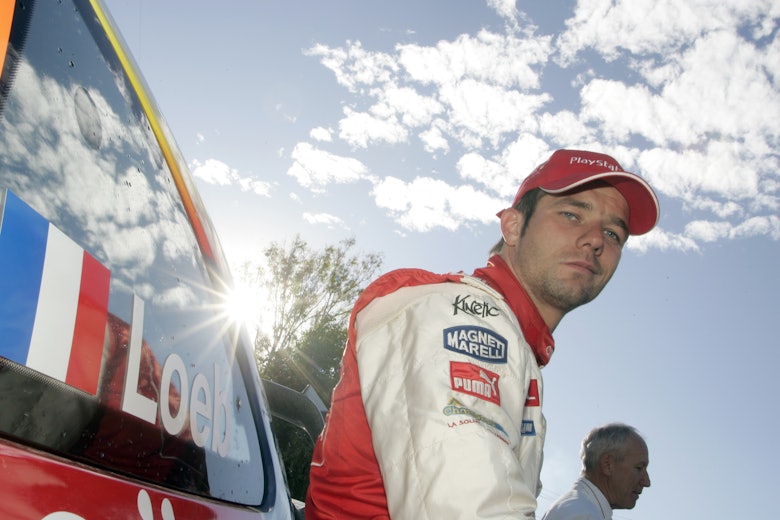
I’m not a huge fan of answering rallying’s equivalent to the ‘Messi vs Ronaldo’ debate – why do we all feel this need to compare great champions? But legacy? That one’s easy. It’s Sébastien Loeb.
At the time of writing, it’s hard to judge the true impact Sébastien Ogier will have on the WRC as we’re still just digesting his eighth world title, and we’ll be seeing him back in action in two months’ time on the Monte Carlo Rally. He’s therefore still a conscious thought, not a driver we’re admiring the achievements of in the way we do with Loeb.
But this question for me isn’t about who accomplished the greater feats. We all know the numbers favor Loeb, but Ogier’s diversity claws it back. The reason Loeb will leave a bigger legacy, in my opinion, is that he revolutionized the way in which you needed to win World Rally Championships.
Maybe time and age does help him out, but Loeb is the yardstick. And he likely always will be
When Loeb began his first full season in 2003, the WRC was still in its era of surface specialists – think Gilles Panizzi driving the third Peugeot on asphalt and Harri Rovanperä on gravel. Even the established champions, for instance Marcus Grönholm, had their favored surface that they would tend to excel on. Loeb changed all that.
His initial WRC victories may have been on asphalt, but Loeb was quickly a winner on snow and gravel and kept winning on all kinds of rallies thereafter. Both of Loeb’s championship successors since – Ogier and Ott Tänak – are both renowned for being quick everywhere too. Loeb moved the game on a level to become the ultimate, complete driver.
The way he drove the car was equally pioneering. Loeb’s style was smooth, concentrating on speed off the corner rather than into it. It may have been less spectacular, but it was undeniably more effective and soon his rivals caught on. But they couldn’t catch him, as Loeb produced a period of dominance never seen in the WRC before.
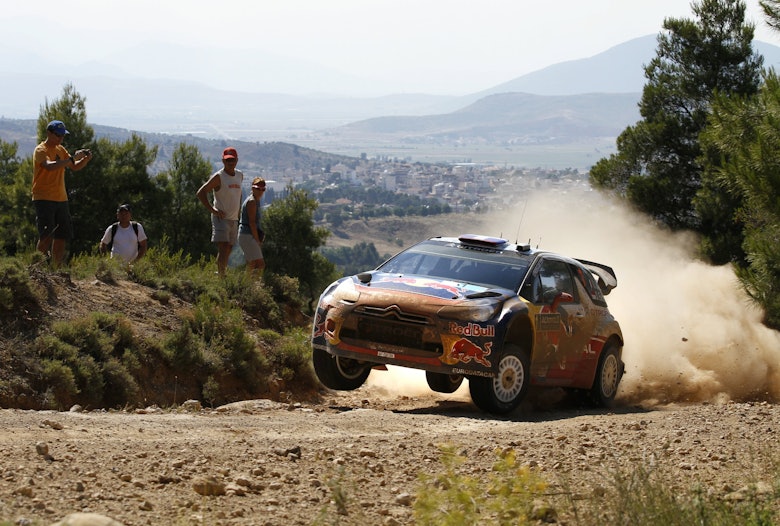
Maybe time and age does help Loeb out. As the follow-up act, Ogier’s own period of domination was perhaps always destined to be less impactful as somebody had already been there and done that before, and in recent memory too. Ogier’s place in the WRC hall of fame is guaranteed, but Loeb is the yardstick. And he likely always will be.
Luke Barry
Sébastien Ogier
I’m probably not the person best-qualified to speak on this as an owner of a limited-edition Citroen C2 Loeb. But before anyone accuses me of bias, I’m going to hang my hat on Sébastien Ogier’s hook.
For the record, I think retrospectively comparing drivers who didn’t drive across the same era is dangerous and will always throw up anomalies that make it impossible to have an absolutely fair argument. Also summing it up in less than 10,000 words is nearly impossible, never mind 500 or so…
What Loeb did will be retrospectively celebrated for its level of success and criticized for the impact it had on the general fanbase because of his and Citroen’s dominance. I’m very much in the ‘celebrate’ camp because I was lucky enough to witness one of the best ever destroy every member of the competition, car by car, surface by surface, driver by driver.
However, I’ll always rate Ogier’s career that little bit more for stepping out of his comfort zone – something Citroen-shrouded Loeb never did in his pomp – to take risks and win with different teams. Some would argue Ogier’s moving around came out of necessity through various circumstances including Dieselgate, but ultimately that doesn’t really matter because he delivered anyway in different environments.
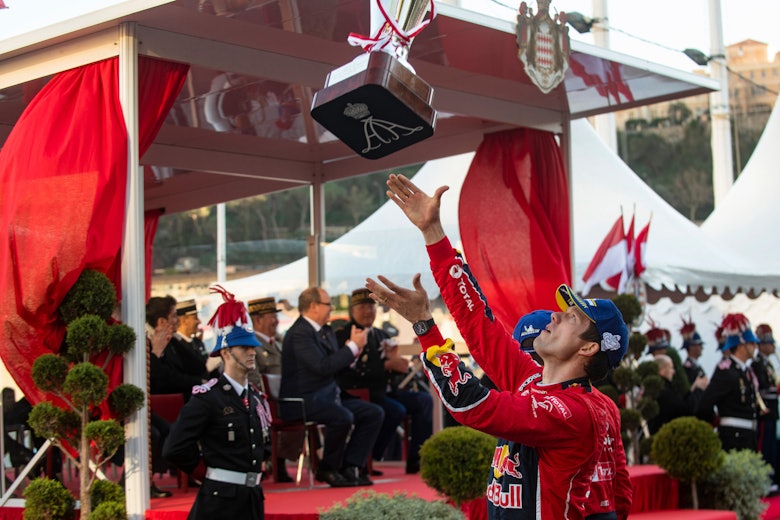
Ogier also has more wins on the RAC (sorry, sorry, Rally GB) and the Monte, too, with Finland being the major Loeb stronghold in his corner.
Ultimately, it’s much of a muchness, but I love the risk-taking Ogier did – especially at M-Sport where he galvanized that team totally and clearly raised its level – in his quest for excellence. One title or a few wins shy won’t change that for me.
Jack Benyon
Dead heat
Oh, God. This question. I was dreading this question. But we all knew it was coming.
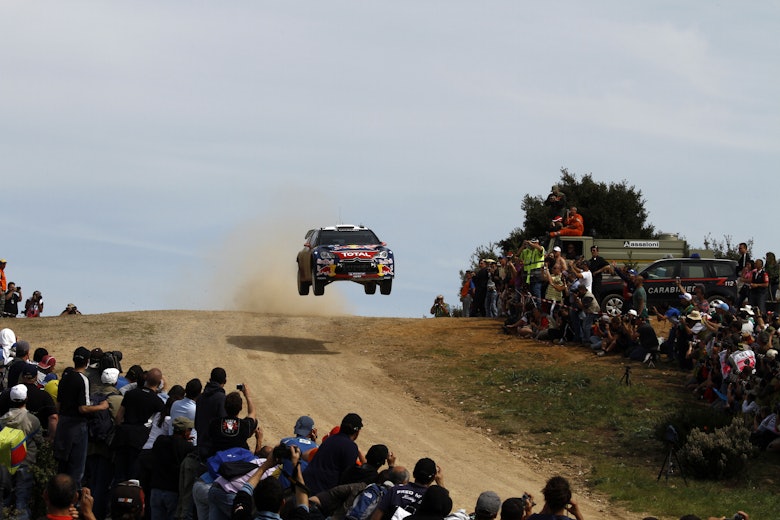
It feels a bit like debating whether Michael Jordan or LeBron James has the bigger legacy in basketball. Unlike those two, whose ‘eras’ took place over a decade part, Loeb and Ogier did briefly compete head-to-head. But that overlap was fairly short and realistically their legacies are being contrasted separately, through the lens of comparing differing eras.
Loeb is MJ. Ogier is LeBron.
Donning an iconic red uniform, the former transformed an outfit that was failing to make anything resembling a good impression in the early 1980s into an unstoppable force of nature, winning everything in sight. The latter has excelled at winning championships with whichever team he’s moved to.
Herein lies the problem: the two have taken such different paths to achieve their success that, ultimately, we’re not debating the individual. We’re debating the philosophy behind their respective approaches.
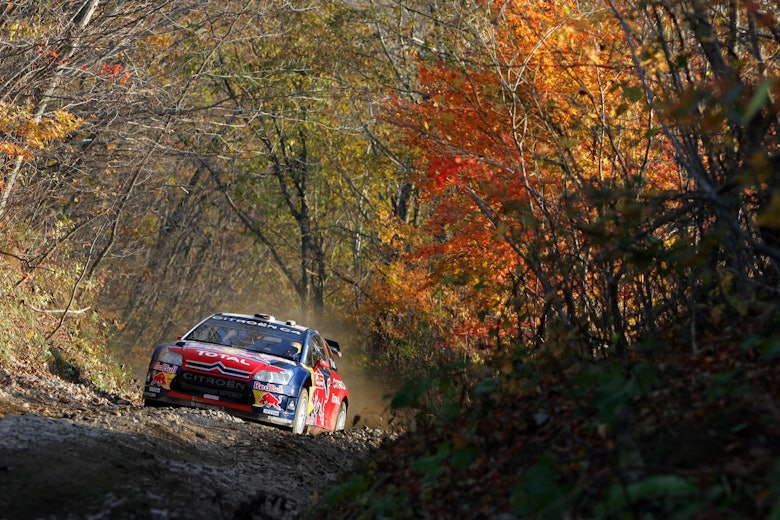
You have to applaud Loeb for shifting the goalposts of what could be achieved by a driver and team in perfect synergy. The Mäkinen–Mitsubishi partnership had been devastatingly effective and yet somehow Loeb–Citroën smashed the records that had been set in the late 1990s to pieces.
That same team wasn’t in a good place when Ogier returned in 2019. What should have been a glorious return home had not panned out as hoped, to such a degree that he bailed out early and upped sticks for Toyota. An understandable decision, definitely. But Jordan stuck with the Bulls through thick and thin. He spent six years there before a first trip to the NBA Finals – and first championship win – came along. For Loeb, it was four years.
But equally, you have to applaud Ogier for taking the risk of spurning Citroën for VW before it was clear how fast the Polo R would be. And again by going to M-Sport in 2017 over one of the remaining manufacturer teams that had bigger budgets.
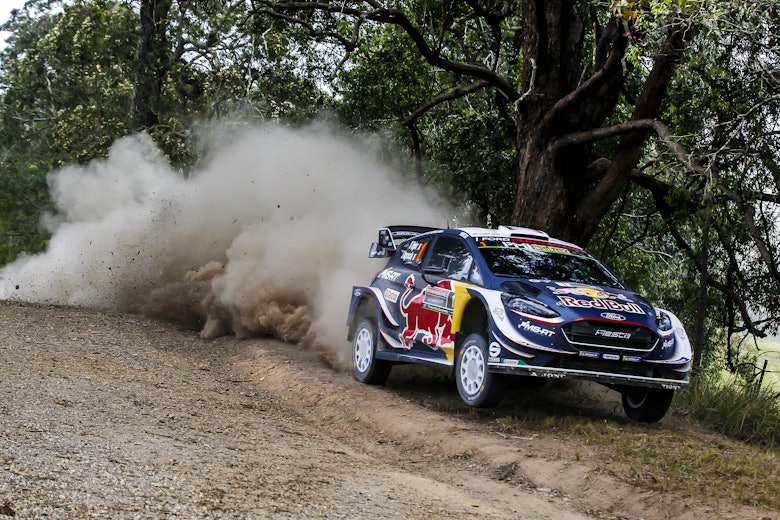
Loeb or Ogier? MJ or LeBron? Neither is the answer.
Allen Iverson has one NBA MVP title to his name. But basketball fans cared less about how many NBA titles he’d won (which was zero) or his field goal percentage (surprisingly average). It was about his cultural legacy: being true to yourself, even if the establishment thought you were being reckless and irresponsible.
Remind you of anyone in rallying?
Yeah, that guy. Now that’s a legacy.
Alasdair Lindsay




